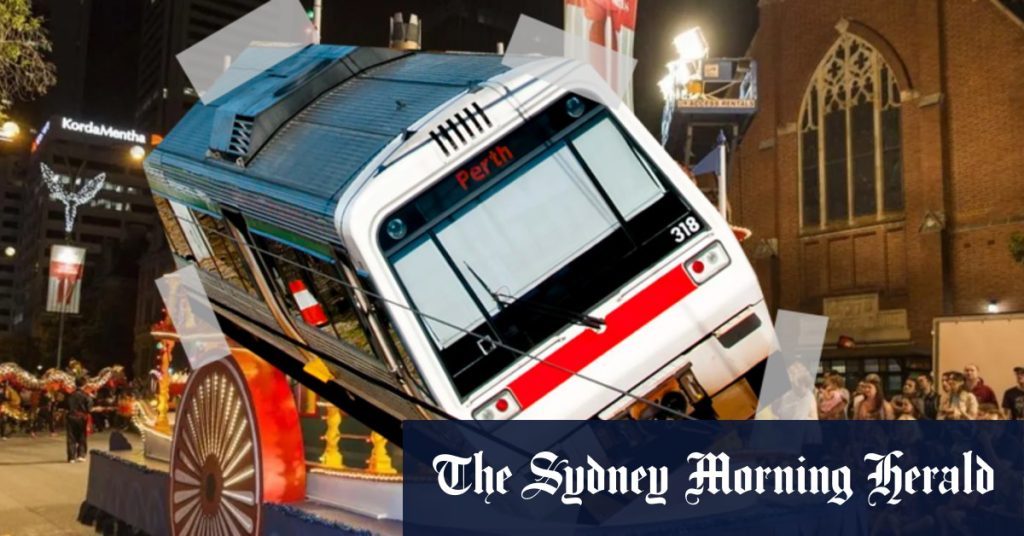The initial contract for a float to celebrate the positive impact of the Metronet public transport expansion in Western Australia was amended to focus on design, production, and event management instead. The state government was reportedly unaware of these changes to the tender advertisement. Despite the initial proposal not moving forward, the government is still exploring cost-effective ways to participate in the parade and promote the rail network expansion. Opposition leader Shane Love criticized the plan, questioning its educational value and accusing the government of using it to promote their policies without transparency on costs.
The opposition has raised concerns about the lack of transparency regarding government advertising expenses and the true cost of promoting programs like Metronet. They argue that taxpayers deserve to know how their funds are being spent and whether the advertising serves a legitimate public information purpose or is merely a promotional tool for the government. The auditor general has also documented issues with state government advertising, pointing out the blurred lines between providing public information and promoting government agendas for self-survival. The opposition views the float plan as an unnecessary extravagance that could have been better used elsewhere.
Rubis, the company that was initially involved in the contract for the float, directed inquiries to the Metronet office for comments. Metronet is a major public transport plan introduced by WA Labor before the 2017 election, aiming to expand the rail network by 70 kilometers and add 23 new train stations. Initially estimated to cost $3 billion, the total capital cost of the project has since increased to around $13 billion. Last week, opposition spokesman Tjorn Sibma criticized the float plan, calling it tone-deaf and frivolous, and suggesting that the funds could have been more effectively allocated to other areas.
The controversy surrounding the float contract highlights broader concerns about government advertising and transparency in spending public funds. The opposition’s criticism of the Metronet float plan reflects a larger debate over the balance between promoting government initiatives and providing clear information to the public. With escalating costs for infrastructure projects like Metronet, there is increasing scrutiny on how taxpayer money is allocated and whether investments in promotional activities are justified. The opposition’s call for greater transparency and accountability in government spending resonates with concerns about fiscal responsibility and the public’s right to know how their funds are being utilized.
The debate over the Metronet float plan underscores the challenges that governments face in communicating their policies and initiatives effectively while also being transparent about costs and expenditures. As infrastructure projects like Metronet continue to expand and evolve, there will likely be ongoing discussions about the best strategies for promoting and informing the public about these initiatives. The controversy also highlights the importance of independent oversight, such as the auditor general’s role in scrutinizing government advertising and spending, to ensure accountability and transparency in the use of public funds. Ultimately, the concerns raised by the opposition regarding the float plan reflect broader issues surrounding government advertising and the need for greater clarity and accountability in how public funds are allocated and utilized.


